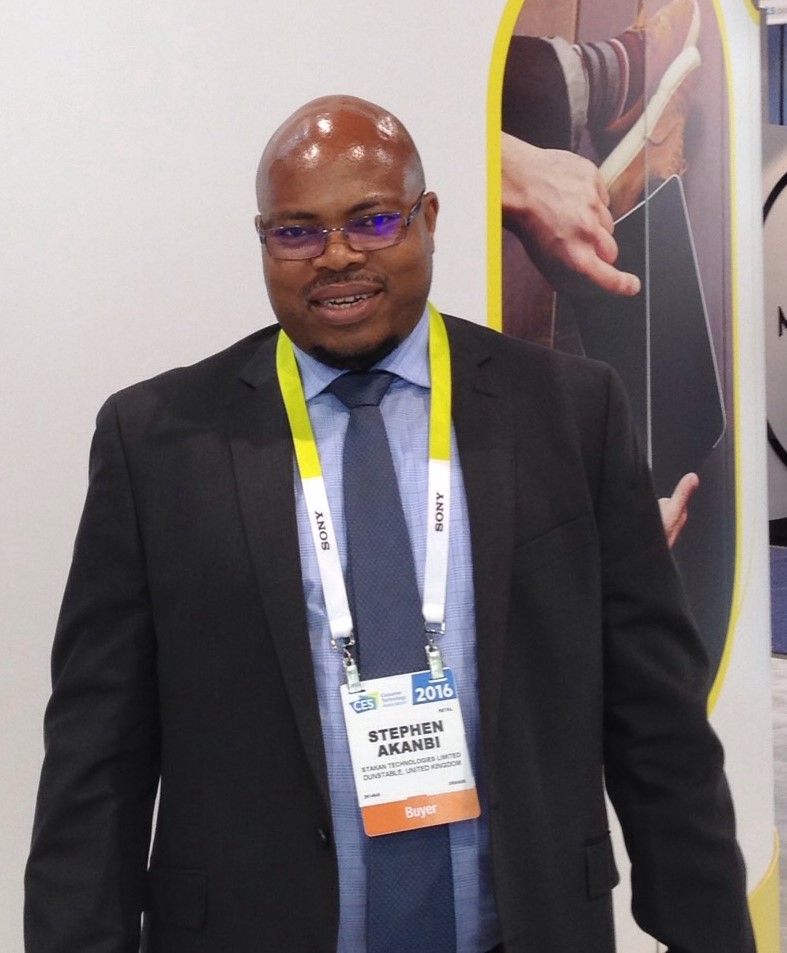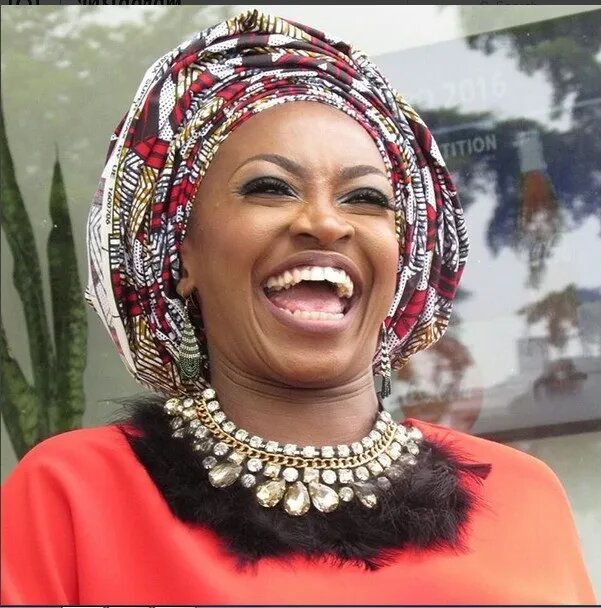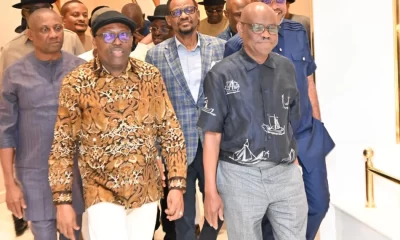Africa
America’s Fear Of China: Nigeria At A Crossroads Of A Changing World -By Stephen Akanbi
As the world moves toward a multipolar reality, Nigeria must prioritize partnerships that foster industrialization, economic independence, and equitable trade agreements. Whether through BRICS engagement or stronger bilateral cooperation with China, Nigeria has the chance to break free from the cycle of economic dependency and assert itself as a powerhouse in global trade.

The United States’ growing hostility toward China is often presented as a matter of “national security,” “trade fairness,” or “human rights.” But beneath this rhetoric lies a deeper fear—one that has little to do with ethics and everything to do with power.
China’s success represents an alternative path to development that directly challenges the Western economic order.
More than ever, Nigeria and other African nations find themselves at a crossroads:continue down a familiar road dictated by Western financial institutions, or embrace a new multipolar future where nations define their own economic priorities.
Nigeria, Africa’s largest economy, has long been shaped by Western economic policies. The country’s reliance on crude oil exports, its adherence to IMF and World Bank loan conditions, and the continued weakness of its manufacturing sector are all consequences of a system designed to keep Africa dependent on Western capital.
The IMF’s structural adjustment programs of the 1980s forced Nigeria into austerity measures that crippled public investment, leading to failing infrastructure and reduced social services.
Western corporations continue to dominate Nigeria’s extractive industries, profiting from crude oil, gold, and agricultural exports while ensuring that local processing remains minimal—keeping Nigeria dependent on imports for manufactured goods.
Even the dominance of the U.S. dollar in global trade has placed Nigeria at a disadvantage. The country’s currency fluctuations, driven by dollar scarcity, have contributed to inflation and economic instability, making international transactions costly for Nigerian businesses.
China’s approach to Nigeria, and Africa more broadly, presents a stark contrast. While Western powers extract resources and dictate economic policies through debt leverage, China engages in direct investment, infrastructure development, and technology transfer.
Nigeria has benefited from Chinese-financed railways, power plants, and industrial zones, offering the country a chance to boost local production and reduce reliance on imports.
Agreements such as the Belt and Road Initiative (BRI) have provided Nigeria with access to critical infrastructure financing without the stringent political conditions often attached to Western loans.
More importantly, Chinese trade deals prioritize industrial development. Unlike Western firms that primarily seek raw materials, Chinese companies are setting up manufacturing hubs in Africa, fostering job creation and skills development.
Ethiopia’s success in industrialization, heavily supported by Chinese investments, serves as a model Nigeria could replicate.
The BRICS bloc (Brazil, Russia, India, China, South Africa) has positioned itself as an alternative to Western-dominated financial institutions. The expansion of BRICS, with new members like Egypt and Saudi Arabia, signals a shift toward a more multipolar global economy—one where African nations can negotiate trade terms on more equitable grounds.
Nigeria has yet to formally join BRICS, but the idea is gaining traction among policymakers and economic strategists.
BRICS nations advocate for trade settlements using local currencies rather than the U.S. dollar, a move that could help stabilize Nigeria’s economy and reduce its vulnerability to external currency fluctuations.
Additionally, BRICS members are actively investing in Africa’s energy, agriculture, and infrastructure sectors without imposing governance conditions. As Nigeria seeks to diversify its economy beyond oil dependence, deeper engagement with BRICS could provide access to development funds and technology transfer mechanisms without the burdens of Western financial constraints.
Washington’s alarm over China’s global influence is not just about competition—it’s about control. The United States has historically sought to maintain economic dominance over Africa by limiting industrial development, ensuring that the continent remains a supplier of raw materials rather than a producer of finished goods.
Nigeria, as a leading economic force in Africa, poses a direct challenge to this status quo. As the country strengthens partnerships with China and explores BRICS membership, it signals a potential break from Western dependency—a move that could redefine Africa’s global standing.
Western nations have responded by intensifying their diplomatic pressure, cautioning African leaders against “Chinese debt traps” and promoting Western-led development alternatives. However, Nigeria must critically assess its options and recognize that dependency on Western financial institutions has historically served external interests far more than Nigeria’s own.
Nigeria stands at a pivotal moment. The question is no longer whether China’s rise threatens the West—it is whether Nigeria will seize this opportunity to reshape its own economic future.
As the world moves toward a multipolar reality, Nigeria must prioritize partnerships that foster industrialization, economic independence, and equitable trade agreements. Whether through BRICS engagement or stronger bilateral cooperation with China, Nigeria has the chance to break free from the cycle of economic dependency and assert itself as a powerhouse in global trade.
The West has long dictated the rules of Africa’s development.
Now, Nigeria must decide whether it will continue playing by those rules—or write its own
Stephen Akanbi is a UK based engineer.

























